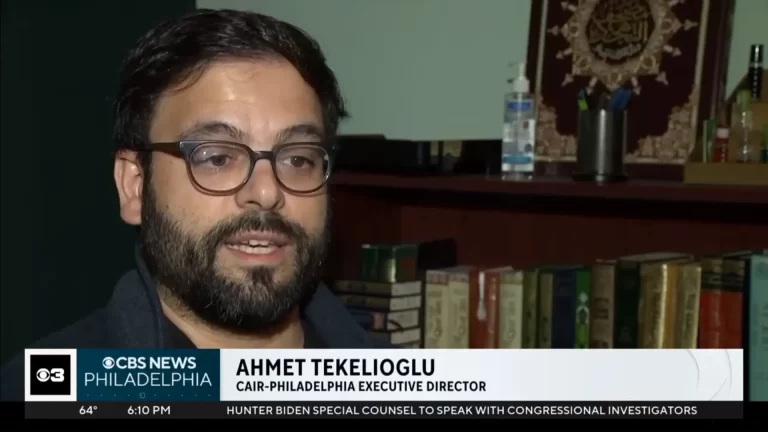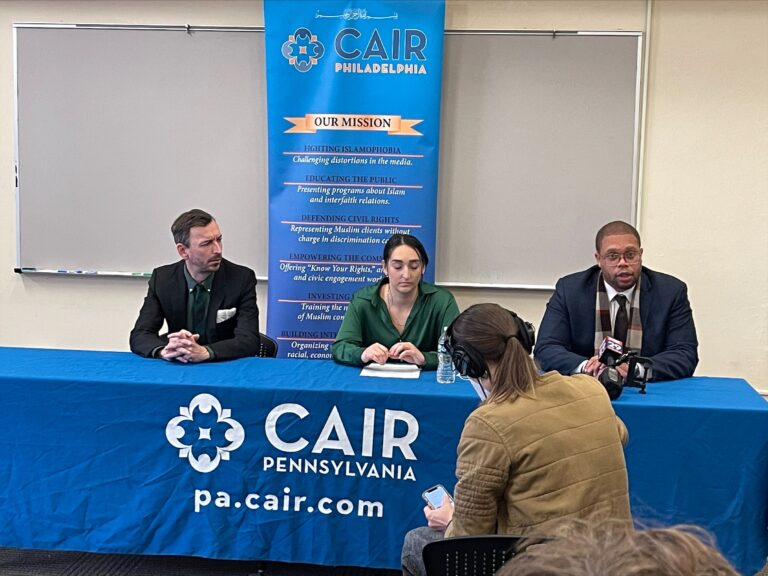![]()
by Michael Matza
Philadelphia Inquirer
Reacting to a recent report that New York City police monitored a Muslim student group at the University of Pennsylvania among groups at more than a dozen schools, Penn students plan to meet at 6 p.m. Thursday at the Graduate Student Center to “air concerns.”
The report, published Sunday by the Associated Press, said detectives routinely trawled Muslim student websites and blogs at universities including Penn, Rutgers, Yale, and Columbia to keep track of groups that could be ripe for infiltration by terrorist recruiters.
Some members of the Muslim Student Associations, known as MSAs, reacted angrily.
“If our students are cast as potential threats, then they get labeled that way,” said Mak Hussain, 20, a Penn junior from Sudbury, Mass., and president of its 100-member PennMSA.
Penn’s Muslim chaplain, Marc Manley, said the MSA was a social organization that sponsored trips and picnics and did not promote a radical political agenda.
Penn officials weighed in Wednesday.
“While the university has been assured that no individual Penn students were subject to . . . surveillance, the fact that students on our campus feel scrutinized simply because of their religious affiliation, race, or national origin is a sad . . . statement on our times,” the administration said. “While the university cannot protect students from the harsh realities of the world . . . we do want every student on this campus to [know] they are valued and supported.”
A spokesman for the New York police, quoted by the AP, defended the monitoring program by citing 12 people arrested or convicted on terrorism charges who had once been members of MSAs.
New York Mayor Michael Bloomberg said such programs are needed because the job of law enforcement is “to prevent things . . . and you only do that by being proactive.”
Moein Khawaja, executive director in Philadelphia for the Council on American-Islamic Relations, remained skeptical.
“They call it intelligence,” he said. “I would call it an ignorance-gathering operation.”





